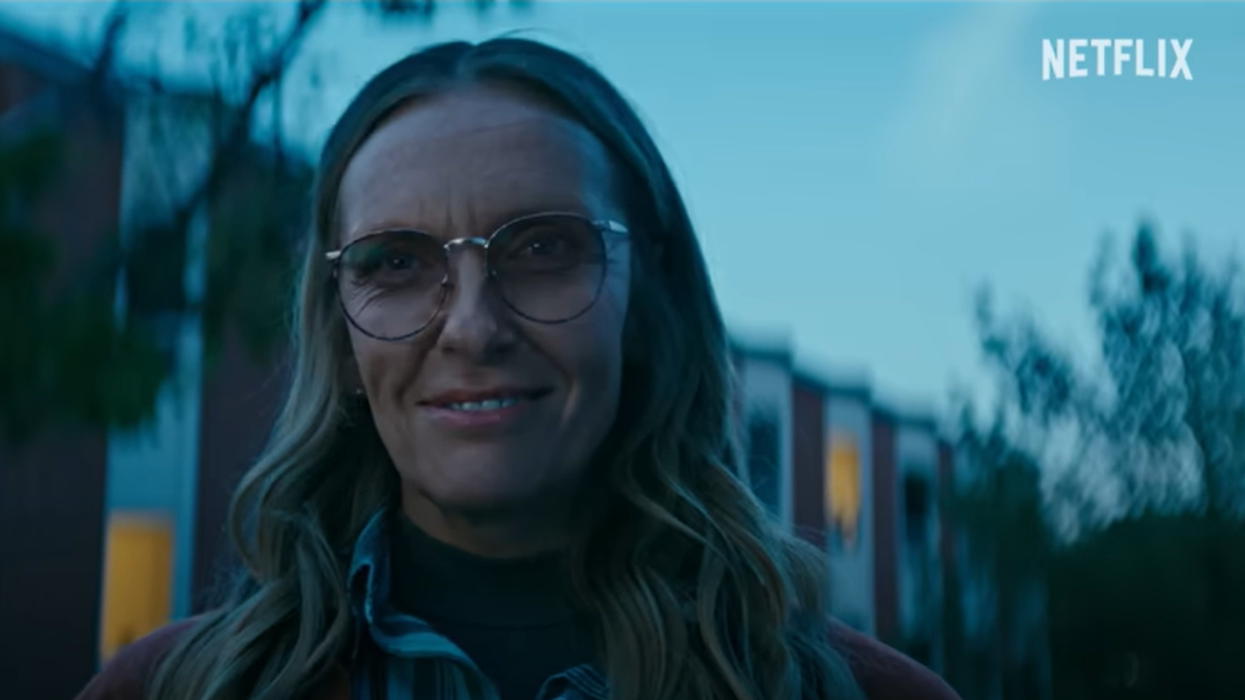Highlights:
- Wayward follows a couple moving to a seemingly perfect small town in Vermont
- The show examines the “troubled teen” industry through a sinister therapeutic school
- Comedian Mae Martin delivers a strong dramatic performance as police officer Alex Dempsey
A small town with dark secrets
Netflix’s Wayward centres on Laura (Sarah Gadon) and Alex (Mae Martin) as they move to Tall Pines, a small Vermont community where residents appear blissfully happy. Beneath the town’s calm surface lies a network of secrets and sinister practices, particularly at a local therapeutic school for troubled adolescents.
The therapeutic school
The school, run by Evelyn Wade (Toni Collette), imposes strict rules and harsh treatment on teenagers while charging high fees. The show draws inspiration from real-life controversies surrounding the “troubled teen industry” in the US, highlighting the often dehumanising methods used in such facilities. The series also follows two young residents, Abbie (Sydney Topliffe) and Leila (Alyvia Alyn Lind), who attempt to escape the school.
Horror influences and familiar tropes
Wayward leans on well-known horror motifs, echoing films such as The Stepford Wives, The Wicker Man and Rosemary’s Baby. While some plot elements, such as Evelyn’s motivations and recurring motifs, are underexplored, the series maintains tension with hidden secrets, eerie settings, and the gradual uncovering of the town’s dark underbelly.
- YouTube
Mae Martin shines in dramatic role
Best known as a comedian, Mae Martin takes on a serious role as Alex Dempsey, a local police officer investigating the school. Martin’s portrayal of an earnest and empathetic character anchors the series, providing a relatable perspective amid the unsettling events.
Social commentary through drama
Beyond horror, Wayward offers a critique of institutions for troubled teenagers, highlighting systemic abuse and the imbalance of power between staff and residents. The series combines thriller elements with a reflection on contemporary social issues, aiming to engage a younger audience while maintaining suspense across its eight episodes.





